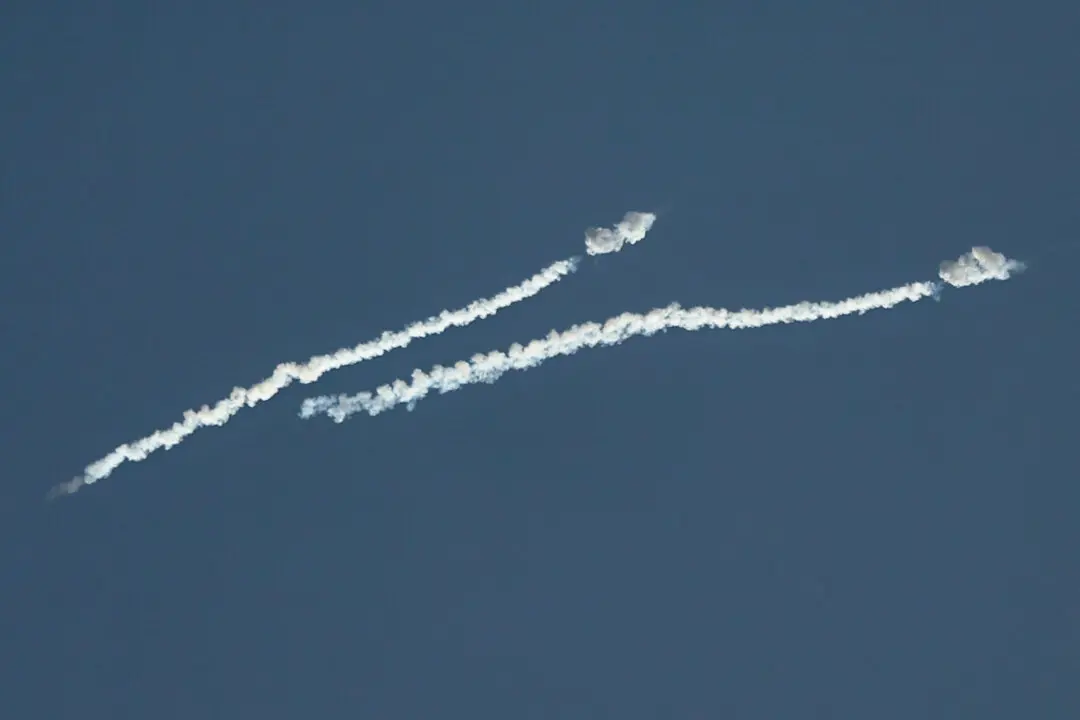U.S. Air Force Secretary Frank Kendall III told lawmakers on Tuesday that the Chinese regime’s expansion of its nuclear force is the most “disturbing” military threat he’s seen in his lengthy, 50-year-long career.
“I don’t think I’ve seen anything more disturbing in my career than the Chinese ongoing expansion of their nuclear force,” Kendall, a former Army officer who also worked in the Pentagon for decades, told lawmakers during a congressional hearing on Tuesday. The 74-year-old’s military career started in 1971 after graduating from West Point, according to his biography on the Air Force’s website.





